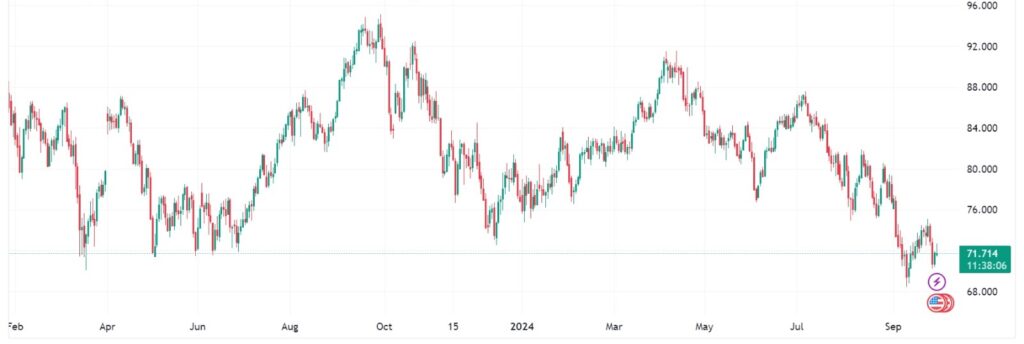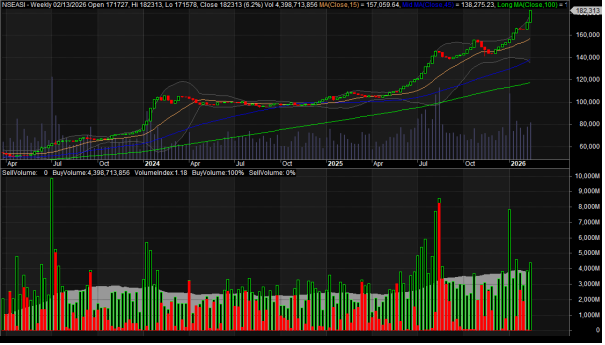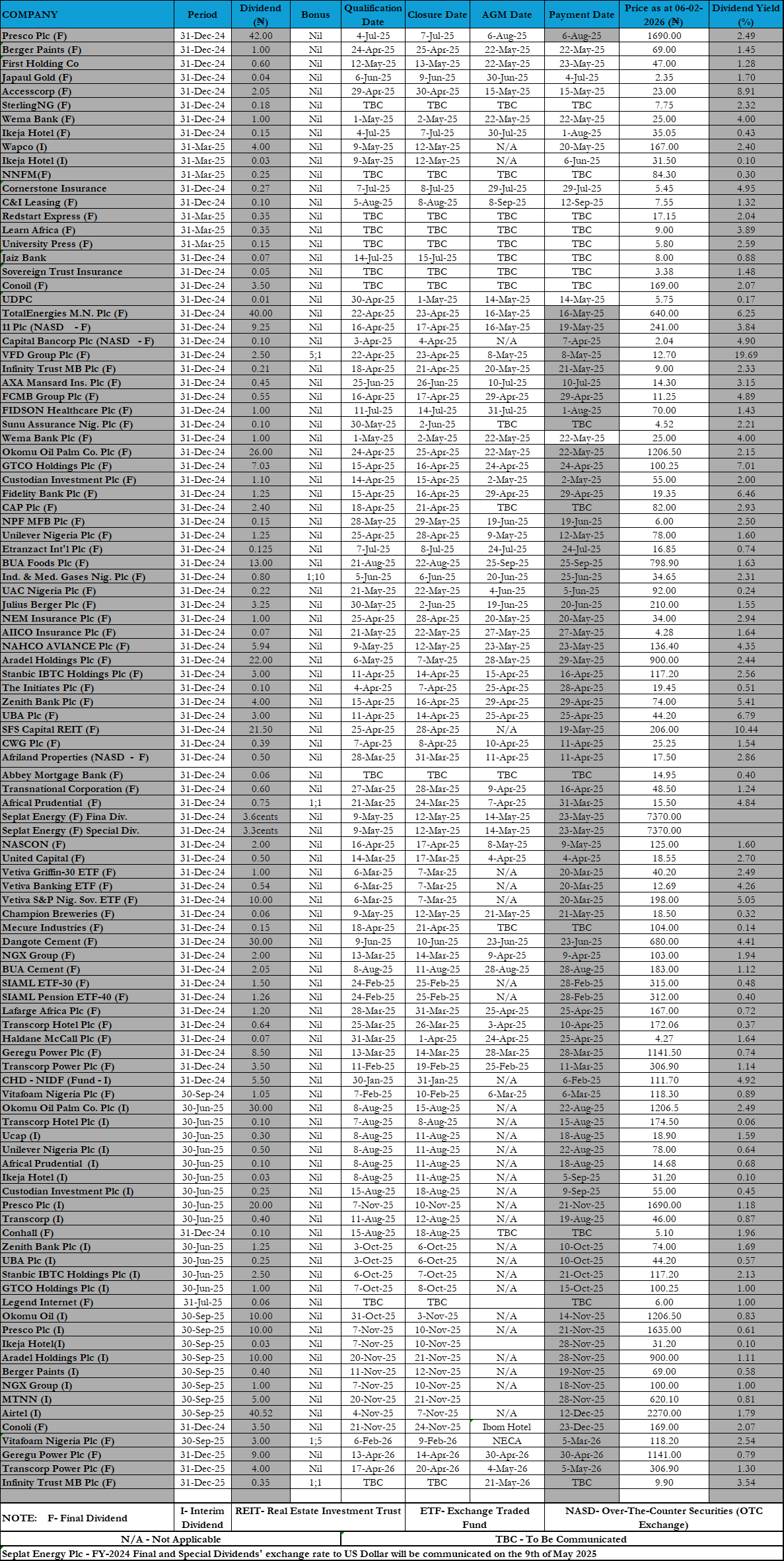
Shonuyi Tosin
Research Analyst
Oil prices experienced a mixed week, with Friday closing higher but overall declines due to supply concerns and OPEC+ plans. Brent crude rose 0.53% to $71.89 per barrel, and WTI gained 0.75% to $68.18. China’s stimulus and OPEC+’s planned production increase of 180,000 barrels per day starting in December created a tug-of-war for prices. Weekly losses were 3% for Brent and 5% for WTI.
Exxon’s Gregory Goff Joins Amber Energy In $7.28bn Bid for Citgo
Gregory Goff, a former Exxon Mobil board director, has joined Amber Energy, a company backed by Elliott Investment Management.
Amber is vying to acquire Citgo Petroleum, a Venezuelan-owned oil refiner, in a U.S. court auction. Citgo and Exxon are competitors in the fuels and lubricants market.
Amber’s bid values Citgo at up to $7.28 billion. Goff, with 40 years of energy sector experience, now leads Amber Energy.
Canada’s GDP Growth Slows, Signaling Potential Rate Cut
Canada’s economy slowed significantly in the third quarter, falling short of the Bank of Canada’s (BoC) growth forecast. Despite a brief uptick of 0.2% in July, economic activity stalled in August due to various factors, including wildfires and contractions in key sectors. Economists now anticipate a third-quarter growth rate around 1%, much lower than the BoC’s prediction of 2.8%. As a result, the central bank is expected to implement a substantial interest rate cut of 50 basis points in October to stimulate the struggling economy
UK Retailers See Strongest Sales Growth Since May, Expect Modest October Expansion
British retail sales saw a significant rebound in September, experiencing their fastest growth since May. The Confederation of British Industry (CBI) reported a significant increase in the retail sales balance, rising to +4 from -27 in August. While sales remain below typical levels for this time of year, rising household incomes have provided a boost to some retailers. However, consumer spending continues to be affected by past price increases. Despite cautious consumer sentiment due to inflation and concerns about tax hikes, there are indications that spending may recover more robustly than anticipated.
ZiG’s Depreciation Impacts Zimbabwean Businesses
Zimbabwe’s new currency, the ZiG, has experienced significant depreciation after a recent adjustment by the central bank. The official exchange rate was raised from 14 to 24 ZiG per dollar in an attempt to align with parallel market rates. Launched in April to replace the rapidly depreciating Zimbabwean dollar, the ZiG has struggled to stabilize due to a substantial gap between official and parallel market rates. The central bank aims to establish a more market-determined exchange rate to address ongoing supply and demand issues affecting the currency’s performance. Since its launch, the ZiG has fluctuated between 12 and 25 ZiG per dollar, with the recent adjustment seeking to foster confidence in the new currency.
World Bank Approves $1.57bn For Nigeria
The World Bank has approved three projects totaling $1.57 billion to support Nigeria’s development efforts in education, healthcare, and climate resilience.
The funding includes: $500 million for the HOPE-GOV program to improve governance in education.$570 million for the HOPE-PHC program to enhance primary healthcare services and reduce maternal and child mortality.$500 million for the SPIN project to boost agricultural productivity and climate resilience. Dr. Ndiamé Diop, World Bank Country Director for Nigeria, highlighted the importance of investing in health and education to create jobs and reduce poverty. Under President Bola Tinubu, Nigeria has secured a total of $6.52 billion in World Bank financing. However, concerns persist regarding the slow disbursement of funds for previously approved loans.













